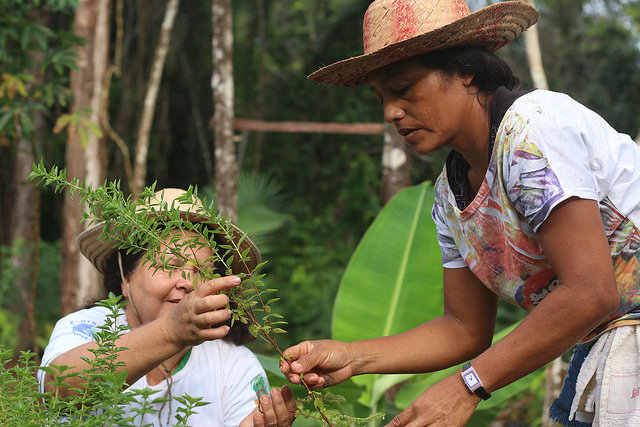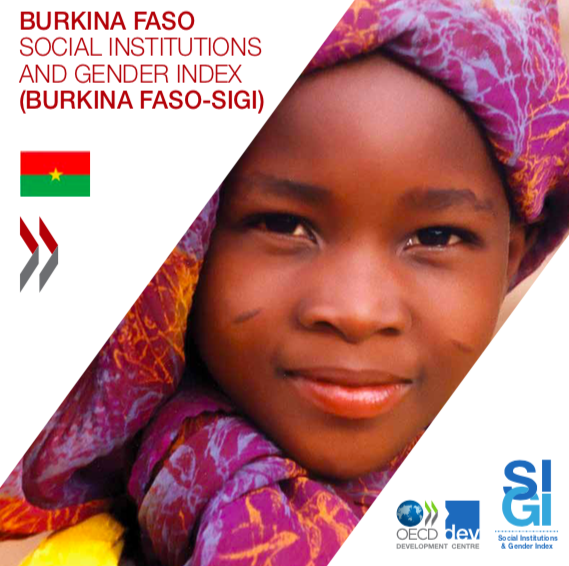Gender and land reforms in Pakistan
Women’s land ownership and control have important connections with their empowerment in Pakistan’s agricultural context. However, the link between these has largely remained unexplored; and there has been negligible research to determine how many women own or control land in Pakistan. The Sustainable Development Policy Institute (SDPI) carried out a multiple pronged research in 2007-09 to fill this knowledge gap and to examine the causality behind women’s land ownership and empowerment.



